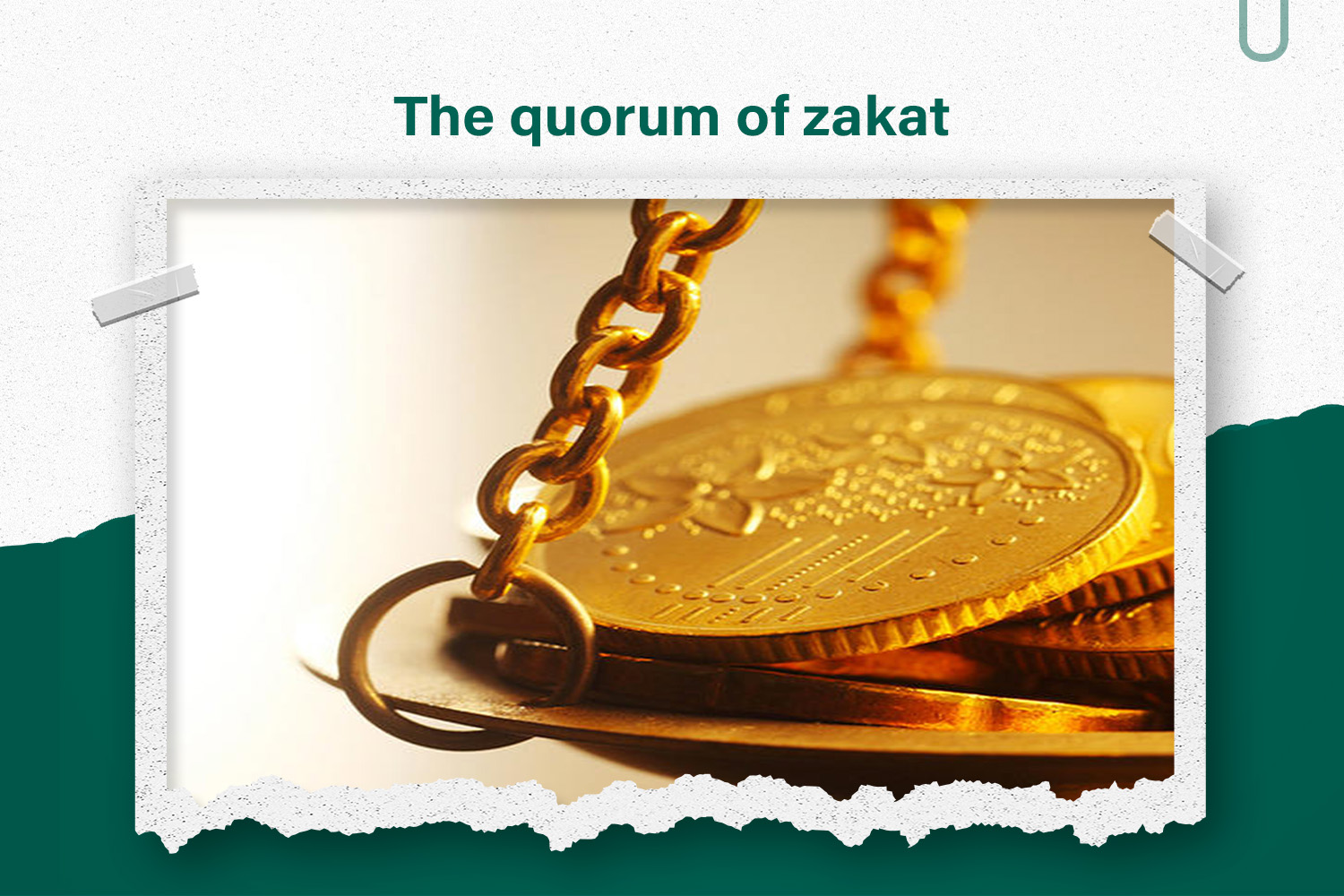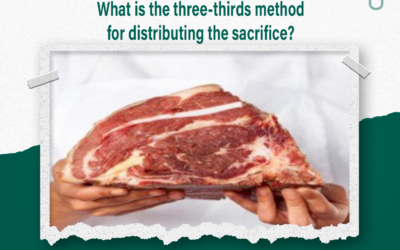The concept of Zakat
Zakat is a religious obligation that requires Muslims to provide half of their excess money for the benefit of the poor and needy in society. The word “Zakat” comes from the Arabic root, which means “purification”, which reflects its primary goal of purifying hearts and communities from negative qualities such as stinginess and greed. An important aspect of Zakat is that it is not just charity, but one of the five pillars of Islam, which the Muslim has to pay regularly annually. Zakat is a means of achieving social justice in society, promoting the balance of wealth and enhancing cooperation and cohesion between members of communities.
Nasab Zakat and its importance
Zakat in the language means purification and purification, and in Islam it means cleansing the soul and wealth from greed and stinginess. Zakat is one of the five pillars of Islam, and it is considered a duty for a Muslim who is able to pay it. Zakat is one of the Islamic values that promotes social justice in society, as it contributes to achieving a balance of wealth, poverty reduction, cooperation and solidarity among community members. The performance of Zakat expresses the Muslim’s commitment to adopt the values of participation and help build a just society.
Varieties of Zakat
Zakat is divided into several categories determined by the money and property for which a Muslim is obliged to pay zakat. Firstly, Zakat on cash money includes cash and deposits in banks. Secondly, Zakat on trade includes the profits resulting from the sale and purchase and all the belongings of the commercial shop. Thirdly, Zakat on animals includes cattle and cattle. Fourth, Zakat on agriculture includes agricultural offerings, fruits and crops. Fifth, Zakat on gold, silver and jewelry. And finally, Zakat on outstanding debts and deferred loans. These are the varieties of Zakat that a Muslim must pay according to the money he has.
Types of Zakat impostors and related topics
There are several types of Zakat that a Muslim is obliged to pay according to the money he has. Among these varieties, Zakat on cash money includes cash and deposits in banks. Zakat also includes commercial offers, profits from the sale and purchase, and all the shop’s belongings. There is also Zakat on animals, which includes cattle and cattle, and zakat on agriculture, which includes agricultural offerings, fruits and crops. In addition, Zakat on gold, silver jewelry and zakat on outstanding debts and deferred loans. These are the types of Zakat that Muslims must pay according to the money owned. In addition, there are topics related to zakat such as zakat jurisprudence, Zakat provisions and the social impact of paying Zakat.
How to calculate Nasab Zakat
How to calculate the Zakat quorum is an important topic for Muslims as they are required to pay zakat based on their money. There are different ways to calculate Zakat based on the type of Zakat assets. For example, Zakat on cash money can be calculated at 2.5% of the total money saved for a whole year. As for profits from business, zakat can be calculated at 2.5% of Net Profit after deducting expenses and debts. There are other laws and controls for calculating Zakat on agricultural land, livestock, gold and silver. Muslims must abide by those laws and regulations to ensure that zakat is properly paid according to Sharia standards.
Various means of calculating and paying Zakat Nasab
There are various means of calculating and paying Zakat according to Sharia standards. Muslims can calculate Zakat on their own based on the specific proportions for each type of Zakat asset. Individuals can also consult specialized scholars to guide them in calculating Zakat correctly. In addition, specialized mobile applications can be used to calculate and organize Zakat. The amount of Zakat can also be transferred to approved charitable institutions that work to provide assistance to the poor and needy. By correctly selecting Zakat and paying it in the right way, Muslims ensure that aid reaches those who need it effectively.
The importance of determining Zakat
Determining zakat is one of the most important responsibilities borne by Muslims. They are considered a legitimate duty that contributes to the achievement of social justice in society. By correctly determining Zakat and delivering it to the poor and needy, unemployment and poverty are alleviated and difficult economic situations are minimized. The determination of Zakat also serves to strengthen the spirit of solidarity and cooperation between members of the community. In addition, the individual feels psychological satisfaction and inner happiness when fulfilling his religious duty and helping others. Therefore, the determination of Zakat is considered one of the very important things that every Muslim must adhere to.

The impact of determining Zakat on society and the individual
The determination of Zakat has a significant impact on society and the individual. In society, Zakat contributes to achieving social justice by reducing poverty and unemployment. They also promote solidarity and cooperation between members of society, where the rich provide assistance to the poor and needy. At the individual level, determining Zakat gives a feeling of psychological satisfaction and inner happiness, as a Muslim understands that he is fulfilling his religious duty and contributing to the improvement of the lives of others. In addition, a Muslim receives blessings and blessings from Allah when fulfilling the duty of Zakat.
Requirements for determining Zakat
A Muslim must take into account several requirements when determining Zakat. Firstly, the money for which zakat is paid must be the personal property of the person committing Zakat. The funds must also reach the prescribed quorum for each type of Zakat. Also, the funds must be valid, non-expendable and valuable. The money must be available for a period of about the Hijri strabismus prescribed by law. And finally, the money provided for Zakat must be free from outstanding or outstanding debts to other debtors.
Conditions and controls to be observed when determining Zakat
A Muslim must perform several conditions and controls when determining the Quorum of Zakat. Firstly, the money for which zakat is paid must be the personal property of the person committing Zakat. The funds must also reach the prescribed quorum for each type of Zakat. Also, the funds must be valid, non-expendable and valuable. The money must be available for a period of about the Hijri strabismus prescribed by law. Finally, the money provided for Zakat must be free from outstanding debts or due to other debtors.

Conclusion
The article concludes by highlighting the importance of determining the Nisab of Zakat and implementing it correctly in accordance with the specified conditions and controls. The determination of Zakat is a religious duty that leads to the achievement of social justice and the promotion of solidarity and charity in society. A Muslim should be aware of the great importance of Zakat and prepare by knowing the money due for Zakat and the ways of calculating and paying it. Simultaneously with the correct determination of Zakat, the personal, social and spiritual benefits of Zakat will manifest, and it will have a positive impact on the entire society. Accordingly, Muslims should pay great attention to the determination of Zakat and its proper implementation in accordance with the conditions of Sharia.
Assessing the importance of determining Zakat and final directives
The determination of Zakat is of great importance in Muslim societies, where its proper implementation is an important religious duty. The determination of Zakat contributes to the achievement of social justice and the development of solidarity among members of society. In addition, zakat is a spiritual gift that expresses solidarity and charity between individuals. Therefore, Muslims should pay great attention to the determination of Zakat and its proper implementation in accordance with the conditions of Sharia. A Muslim should be aware of the rights of the poor and needy, and do his best to pay the due Zakat. In order for a Muslim to be able to actually benefit from the benefits of Zakat, he must take care to determine the amounts due to zakat and calculate them correctly in accordance with Sharia regulations.
You can visit the ahad Association website to find out more about the projects it offers
Related articles:
The importance and bounty of the month of Ramadan
Join us in our message by donating




